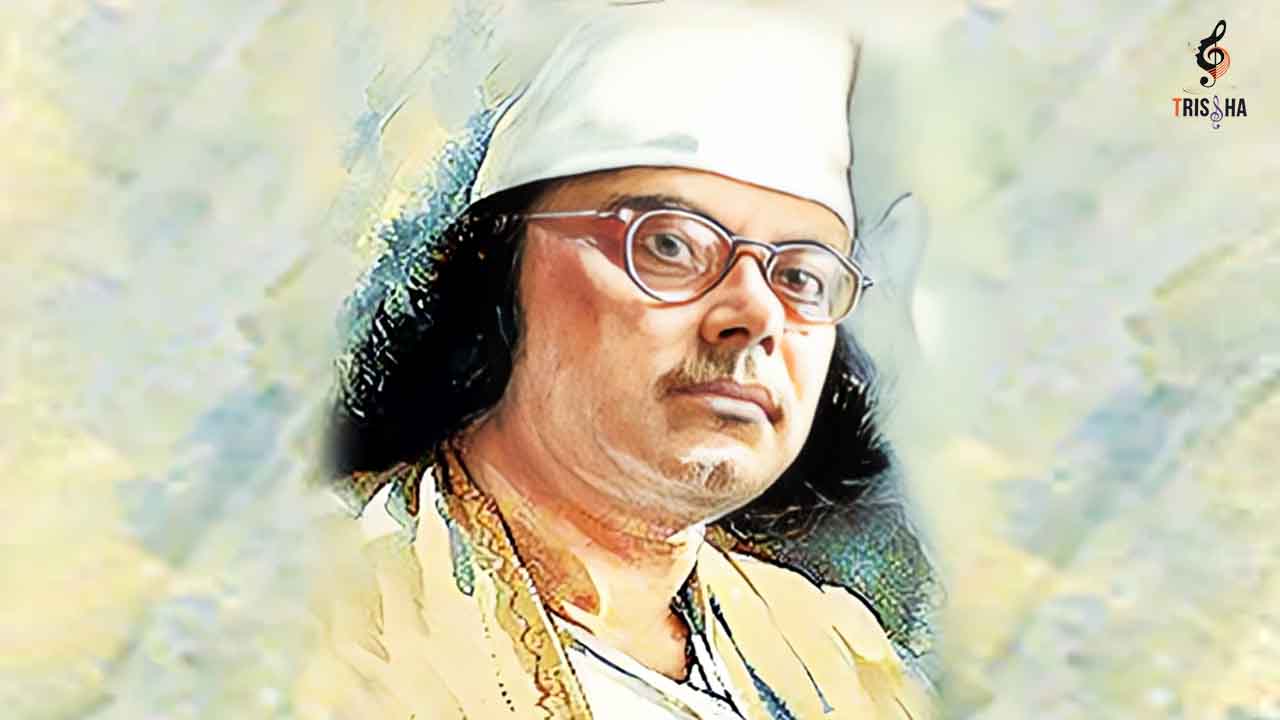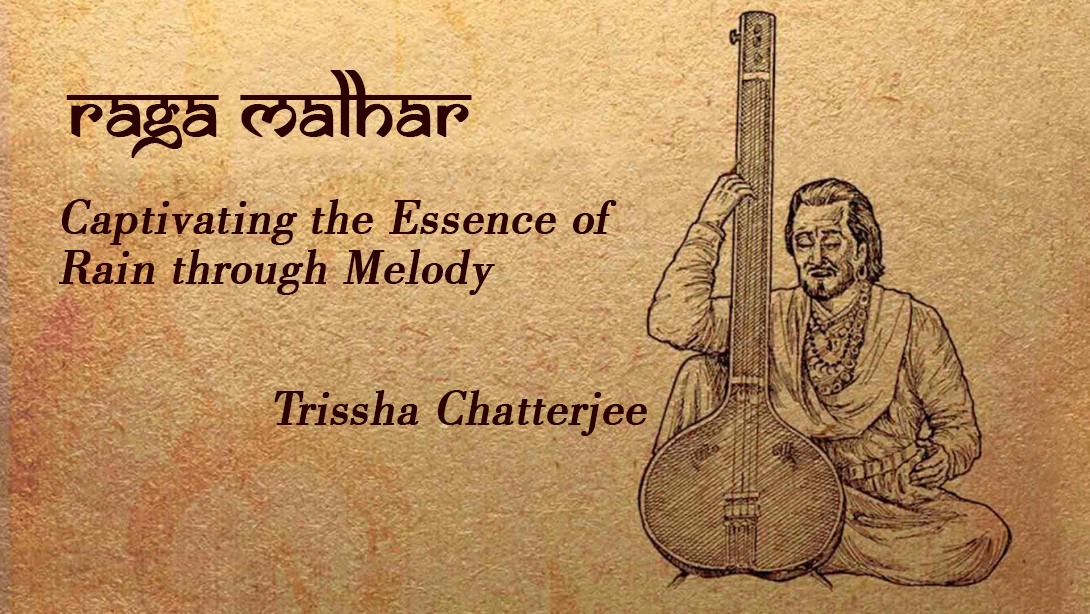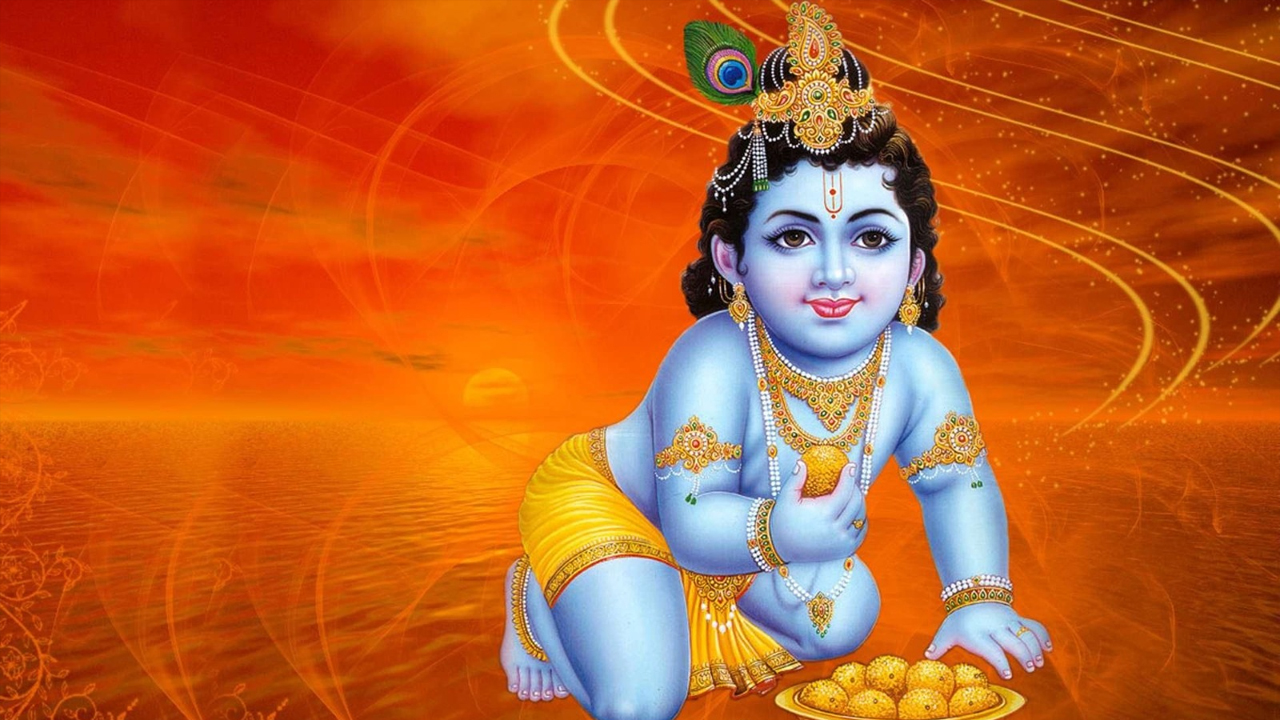Celebrating the 125th Birth Anniversary of Kazi Nazrul Islam: The Rebel Poet and Musical Genius
Today, we commemorate the 125th birth anniversary of Kazi Nazrul Islam, the national poet of Bangladesh, whose legacy continues to inspire and resonate across generations. Known for his powerful and revolutionary compositions, Nazrul’s influence extends far beyond his homeland, leaving an indelible mark on the cultural and literary landscape of South Asia.
The Essence of Nazrul Geeti
Nazrul Sangeet, also known as Nazrul Geeti, refers to the vast collection of songs written and composed by Kazi Nazrul Islam. These songs are a unique blend of revolutionary fervor, spiritual depth, and romantic elegance. Nazrul composed nearly 4,000 songs, which remain immensely popular in both Bangladesh and India. Among his most notable works are “Notuner Gaan,” the national marching song of Bangladesh, and “O Mon Romzaner Oi Rozar Sheshe,” a celebrated Bengali Islamic song for the festival of Eid-ul-Fitr.
Early Influences and Musical Journey
Nazrul’s musical journey began at a tender age when he displayed an extraordinary talent for poetry and music. His early involvement with a Leto group, a traditional folk musical ensemble, under the guidance of his uncle Kazi Bazle Karim, honed his skills in song composition and performance. This early exposure laid a solid foundation for his future endeavours.
His musical prowess further expanded during his time at Searsol School, where he received lessons in classical music from Satish Kanjilal. His service as a Havilder in the Bengal Regiment in Karachi allowed him to delve into the Persian language, literature, and music, enriching his artistic repertoire. These diverse influences shaped Nazrul’s distinctive musical style, which seamlessly blended Bengali, Persian, and classical elements.
Revolutionary Mass Music
Nazrul’s music played a pivotal role in the Indian Independence Movement and the Bangladesh Liberation War. His compositions, characterized by powerful lyrics and captivating tunes, were a source of motivation and unity. Songs like “Karar Oi Louho Kopat” (Prison-doors of Steel) exemplify his revolutionary spirit, addressing themes of freedom, equality, and resistance against oppression. His music was a fearless expression of his beliefs, challenging societal norms and advocating for broader philosophical and spiritual ideals.
The Introduction of Bengali Ghazal
Nazrul’s deep acquaintance with Persian Ghazals, a form of love songs, significantly influenced his creation of Bengali Ghazals. This innovative fusion introduced Islamic cultural elements into the mainstream of Bengali music, broadening its scope and enriching its tradition. His Bengali Ghazals are a testament to his versatility and his ability to transcend cultural boundaries.
Notable Works and Their Impact
Nazrul’s extensive body of work includes numerous poems and songs that continue to inspire and provoke thought. Some of his notable collections include:
- Dolan Chapa (1923) – Poems and songs celebrating the monsoon flower.
- Bisher Bashi (1924) – Known as “The Poison Flute,” this collection explores themes of pain and struggle.
- Bhangar Gan (1924) – “The Song of Destruction,” proscribed for its revolutionary content.
- Samyabadi (1926) – “The Proclaimer of Equality,” advocating social justice.
- Notuner Gaan (1928) – “The Song of Youth,” now the national march of Bangladesh.
- O Mon Romzaner Oi Rozar Sheshe (1932) – A beloved Eid-ul-Fitr song.
These works highlight Nazrul’s profound impact on Bengali literature and music, capturing the essence of his revolutionary and humanitarian vision.
A Legacy of Courage and Creativity
Kazi Nazrul Islam’s legacy is one of courage, creativity, and unwavering commitment to social justice. His music and poetry continue to inspire movements for freedom and equality, embodying the spirit of rebellion and resilience. As we celebrate his 125th birth anniversary, we honour his contributions to art and culture, recognizing his enduring influence on the world.
Nazrul’s life and work remind us of the transformative power of art and its ability to challenge, uplift, and unite. His songs and poems are not just a testament to his genius but a call to action, encouraging us to strive for a more just and compassionate world.







There are no comments